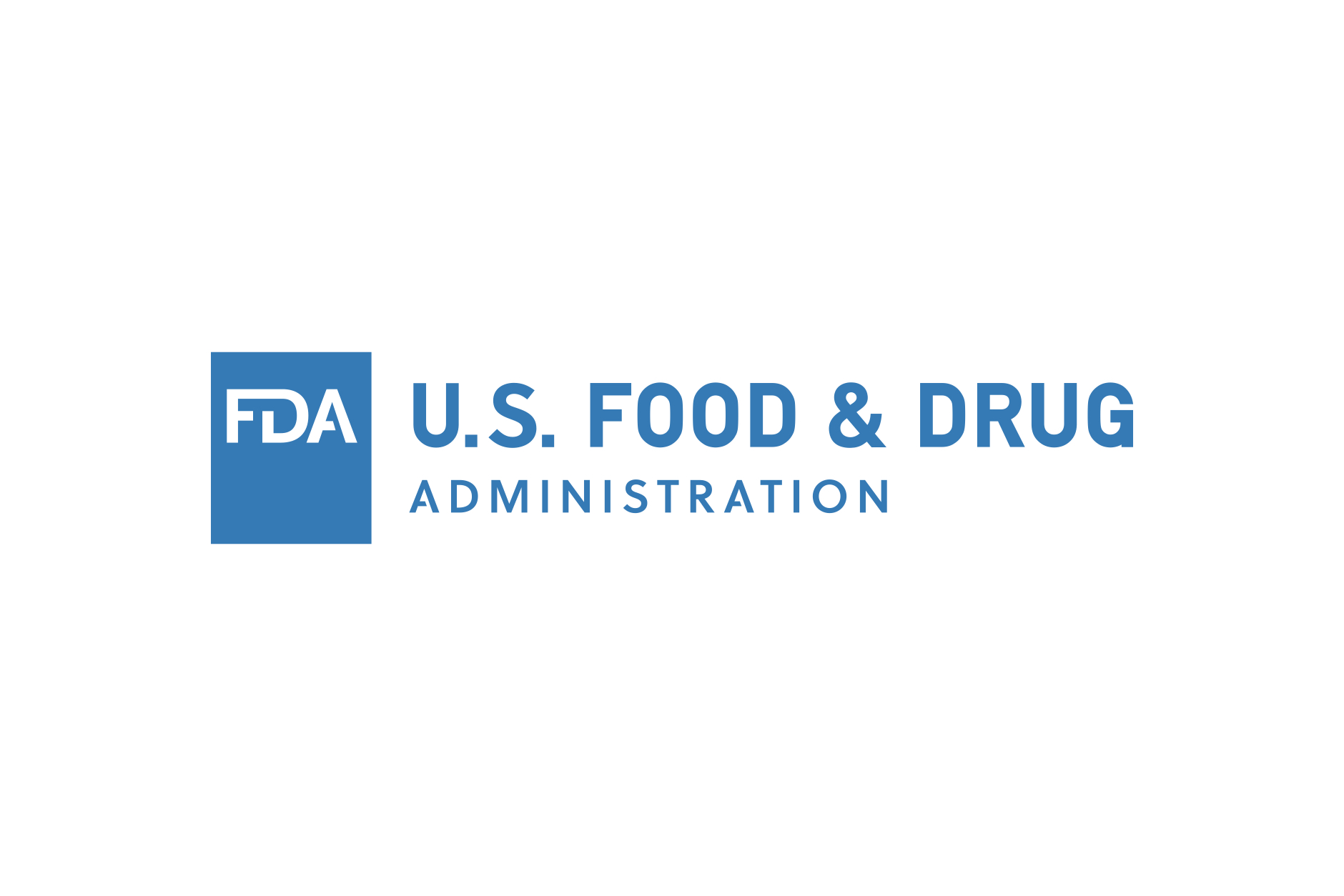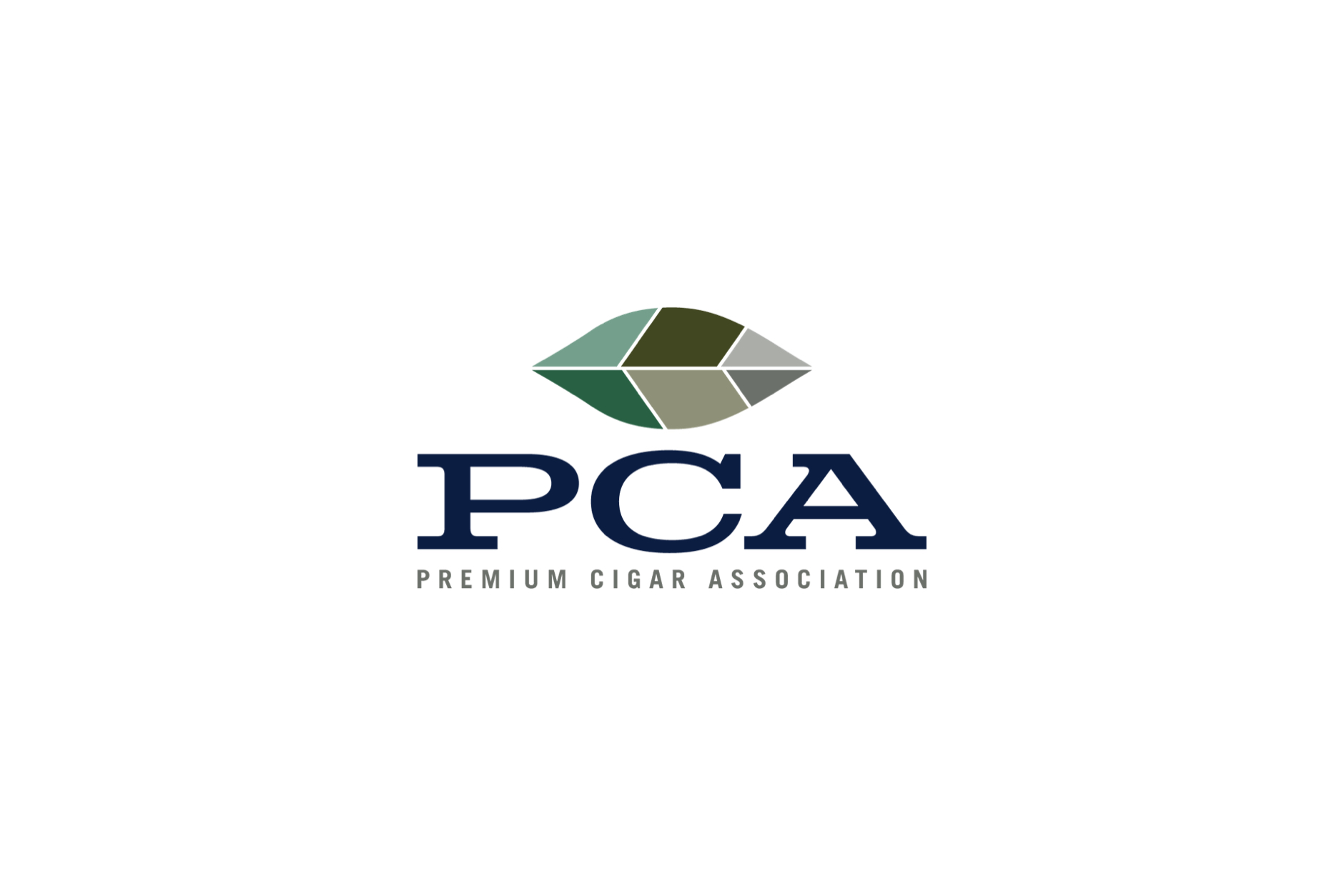In December, the White House delayed much-anticipated federal bans on the sales of flavored cigars and menthol cigarettes. These bans—technically, they are two separate bans—were announced in 2022, and the U.S. Food & Drug Administration (FDA) has been working on finalized language for both bans since.
Throughout 2023, the FDA was adamant that the finalized bans would be announced before the end of the year. Instead, in December, the White House Office of Management and Budget Office of Information and Regulatory Affairs listed the bans with final rule dates of “03/00/2024″, meaning they had been delayed. However, those dates are not binding.
Multiple reports have indicated that the Biden administration is concerned with the potential political impacts of the bans, specifically concerns over how the bans will be perceived by Black voters. There have been longstanding complaints that a ban on menthol cigarettes would increase the policing of Black people, who make up a disproportionate amount of menthol cigarette smokers. A report from the Washington Post last week was one of the latest to detail these concerns, but it also contained an interesting tidbit: the White House faces an internal deadline of this week to make sure the bans would fully go into effect during Biden’s first term.
The internal deadline the Washington Post cited seems to be one based on whether the sales bans would be enacted during Biden’s first term. FDA has previously stated that both rules will have a one-year compliance period that allows companies to sell off existing inventory, train staff and prepare to be compliant with the new rules. That means if the finalized rules were implemented today, Jan. 17, 2024, retailers would be able to continue selling menthol cigarettes and flavored cigars until Jan. 16, 2025 without worrying about federal action.
Jan. 20, 2025 is inauguration day, meaning the rules would need to be implemented by Friday to meet this internal deadline. Given how these rules are typically announced, it’s likely that the internal deadline has already passed. The rules would have already needed to be announced and would need to be published in the Federal Register by the end of this week. With that said, it is widely expected that both rules will face significant legal challenges, which would further throw a wrench in the idea of these rules being fully enacted during Biden’s first terms. Those lawsuits will almost certainly include requests for either temporary restraining orders or injunctions that could prevent FDA from enforcing the rules during litigation.
Seemingly in response to this report and others, 21 attorneys general—18 states plus Puerto Rico, Northern Mariana Islands and Washington, D.C.—have sent a letter to President Joe Biden and Shalanda Young, the director of OMB, asking for a swift implementation of the bans.
The letter deals almost exclusively with menthol cigarettes—the word “cigars” is mentioned just three times outside of quotes—and seems aimed at rebutting specific concerns about a menthol cigarette ban, including how it might impact the policing of Black people—the ban would only make it illegal to sell menthol cigarettes, not purchase or possess them—and whether it would lead to illegal sales and manufacturing of menthol cigarettes.
The timing concerns would be relatively moot if Biden were to win the election; however, if a Republican takes the White House, there’s a very real risk that the bans get significantly delayed or more.
When a new administration takes over, especially one from a different party than the outgoing president, the new president will typically announce a regulatory freeze. This is a temporary pause on all of the recent regulatory actions of the previous administration. During the freeze, the new administration reviews the actions and decides whether it would like to keep them. A new administration could also change course and direct FDA to abandon or substantially modify its plans for the bans.
The following attorneys general signed the letter: Rob Bonta, William Tong, Kwame Raoul, Letitia James, Kris Mayes, Brian Schwalb, Anne E. Lopez, Aaron M. Frey, Anthony G. Brown, Andrea Joy Campbell, Dana Nessel, Keith Ellison, Aaron D. Ford, Raúl Torrez, Josh Stein, Edward Manibusan, Ellen F. Rosenblum, Michelle A. Henry, Domingo Emanuelli Hernández, Peter F. Neronha and Marty Jackley.



